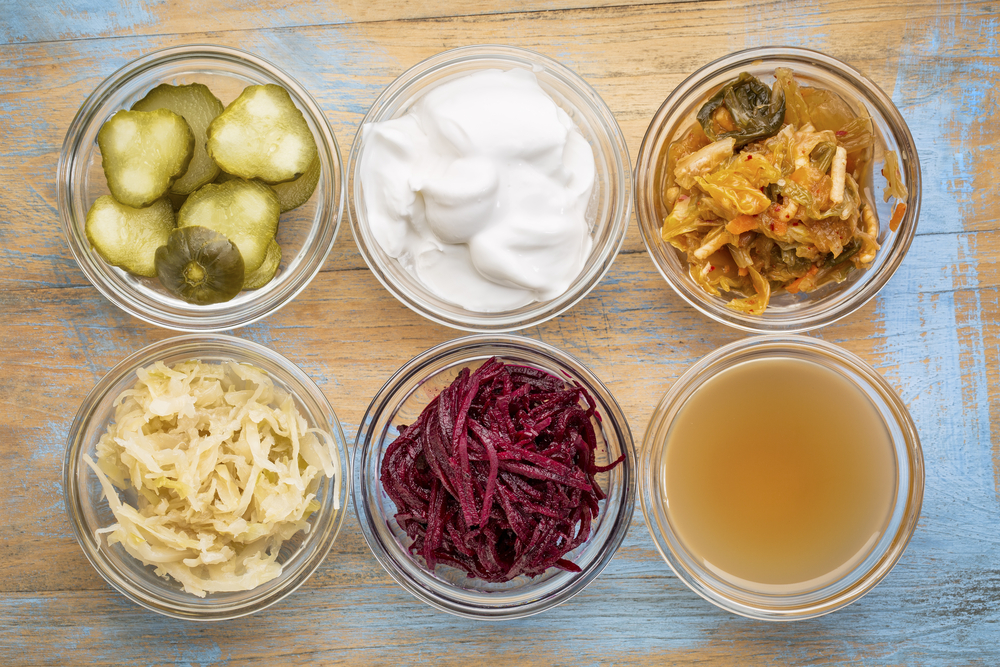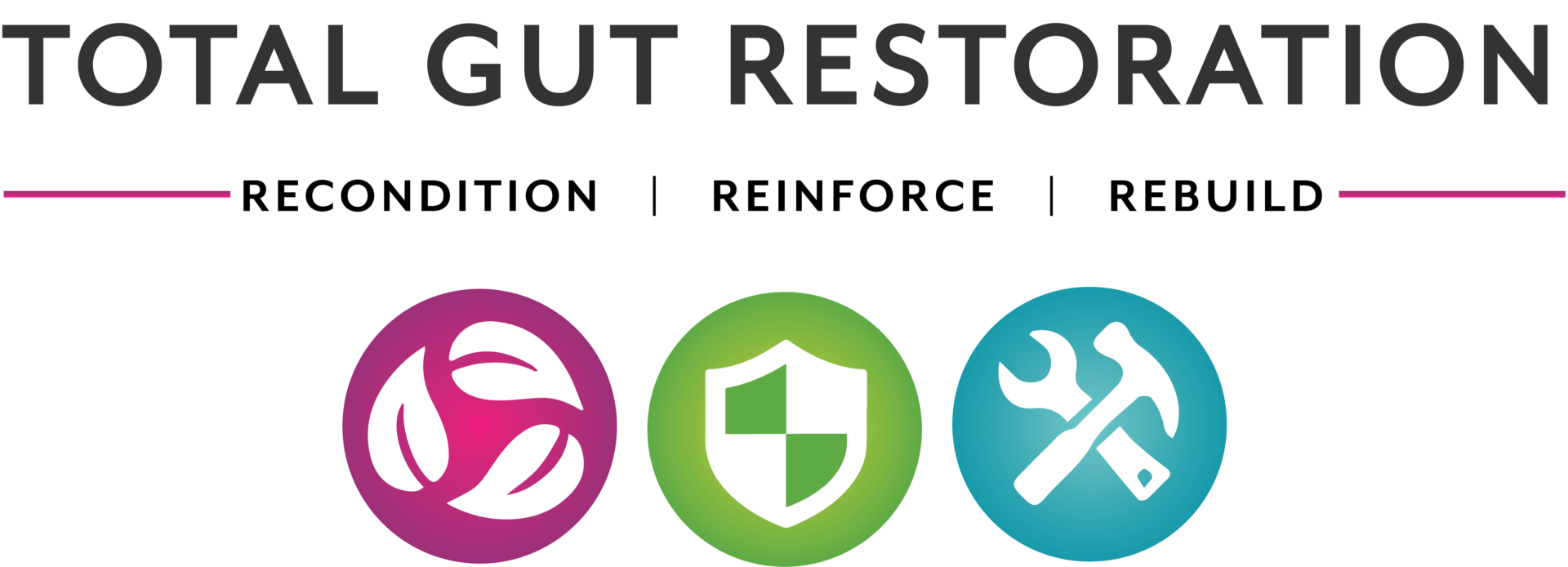When you think of your gut, heart health probably isn’t the first thing that comes to mind. However, ongoing studies show that the gut affects nearly all of the systems in the body including the cardiovascular system. A healthy gut boosts your immune system and produces substances that the body needs to function, while an unhealthy gut can increase your risk of chronic diseases like diabetes, heart disease and cancer. Recent research shows that it all comes down to something called your gut microbiome.
What is the Gut Microbiome?
Each of us have trillions of microbes living in our bodies, and the majority of these live in the gastrointestinal tract. These colonies of bacteria, fungi, and other microbiota make up the gut microbiome. Normally the microbes have a positive effect on the body because they help with digestion and produce beneficial substances like proteins and nutrients. However, when the microbiome becomes unbalanced, the beneficial bacteria may no longer be able to do its job. In addition, the microbes may start producing substances that are harmful for the body.
How the Gut Microbiome Affects the Heart
The microbes in your gut microbiome are constantly producing substances called metabolites, some of which are beneficial for health. For example, when your gut is healthy, the microbes produce short-chain fatty acids. Studies show that short-chain fatty acids assist with blood vessel dilation and constriction, which helps to regulate blood pressure. In addition, colonies of healthy bacteria in your gut stimulate the immune system, which lowers your risk of developing autoimmune diseases.
On the other hand, when your gut microbiota is disturbed or unbalanced, the microbes can produce harmful substances. One of these is trimethylamine, a substance that forms when the microbes are exposed to choline, which can be found in protein like red meat and eggs. Once trimethylamine enters the liver, it is oxidized into trimethylamine-N-oxide (TMAO), which has been directly linked to plaque build-up in the arteries, also known as atherosclerosis.
A 2018 study shows that gut microbiota can also influence the way cholesterol is metabolized in the body. Cholesterol is absorbed in the upper small intestine, where the good bacteria in your gut convert it into a substance called coprostanol. However, if the microbes are depleted or lacking in variety due to a condition like gut dysbiosis, your body may not be metabolizing cholesterol properly, which can increase your risk of cardiovascular episodes.
What is Gut Dysbiosis?
Gut dysbiosis is a condition where the gut microbiome is unbalanced. There are many reasons this could happen, but the most common is an unhealthy diet that is high in sugar, salt, chemical additives, and protein. Antibiotics can also wreak havoc on your gut microbiome, decimating the good bacteria and leaving an environment where bad bacteria and viruses can thrive. Other possible causes of gut dysbiosis include excessive alcohol consumption, poor dental hygiene, stress, and the accidental consumption of chemicals like pesticides.
Gut Dysbiosis as a Risk Factor For Certain Diseases
Dysbiosis has been shown to be closely associated with certain diseases and conditions, including:
- IBS
- gut diseases, such as colitis
- candida, a type of yeast infection
- celiac disease
- leaky gut syndrome
- diabetes
- obesity
- polycystic ovary syndrome
- skin conditions, such as eczema
- liver disease
- heart disease or heart failure
- late-onset dementia
- Parkinson’s disease
- cancer of the colon or rectum

How to Improve Your Gut Health for Better Heart Health
It should come as no surprise that what you eat directly affects your gut health. To boost your gut health and your heart health, your diet should include plenty of leafy green vegetables, legumes like chickpeas and beans, and high-fiber foods like oats, barley and quinoa. Fermented foods that contain probiotics like yogurt, kefir, and kimchi can also help to balance the good bacteria in your body. To avoid conditions like gut dysbiosis, try to cut back on proteins like red meat and eggs and foods that are high in sodium, sugar, and additives. Just a few small changes in your diet can do wonders for your gut health, which in turn will benefit your heart.

Total Gut Restoration
A healthy diet is a positive step towards good gut health, but it may not be enough on its own to restore a dysfunctional gastrointestinal tract. There are three fundamental areas you need to focus on when it comes to optimal gut health: the microbial population, the physical structures of your gut, and your regulatory immune system. Only by focusing on all three areas can you effectively improve and maintain gut health.
The Microbiome Labs Gut Restoration System was created to target all three fundamental facets of gut health with products that contain probiotics, prebiotics, and amino acids. The probiotics and prebiotics increase the diversity of microbes in your gut, encourage the growth of beneficial bacteria, and feed good bacteria, while the amino acids help rebuild and maintain healthy barrier function in the gut. To get started on this highly effective total gut restoration system, click here and use the order code HHHC.

If you would like to learn more about gut health and how it relates to cardiovascular health, click here book an appointment with Dr. Cynthia Thaik, M.D.





